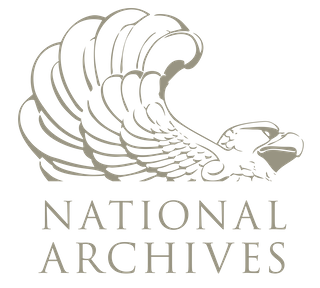It was the setting for “National Treasure,” the movie in which Nicolas Cage’s character tries to steal the Declaration of Independence. It has long been among the most trafficked tourist destinations in the nation’s capital.
 But what the National Archives and Records Administration has never been — until now — is the locus of a criminal investigation of a former president.
But what the National Archives and Records Administration has never been — until now — is the locus of a criminal investigation of a former president.
Yet that’s exactly where the agency finds itself after sending a referral to the FBI stating that 15 boxes recovered from former President Donald Trump’s Florida home in January contained dozens of documents with classified markings.
“I don’t think Donald Trump has politicized the National Archives,” said Tim Naftali, the first director of the Richard Nixon Presidential Library and Museum. “I think what Donald Trump did was cross red lines that civil servants had to respond to.”
Those government workers operate out of the public eye, behind the marble façade of the Archives building in downtown Washington. It’s there, beyond the Hollywood plotlines, where a crucial component of the federal bureaucracy resides, with dozens of employees acting as the custodians of American history, preserving records that range from the mundane to the monumental.
After the Watergate scandal and Nixon’s resignation, Congress passed a law in 1978 to ensure that all presidential records — written, electronic material created by the president, the vice president, or any other member of the executive branch in an official capacity — are preserved and turned over to the Archives at the end of an administration. The law states that a president’s records are not his or her own, but are the property of the federal government and must be treated as such.
When a new administration begins, White House staff receive a brochure on the law and step-by-step instructions on how to preserve records. The preservation requirements cover a wide range of items, including presents and letters from foreign leaders. “There are no such things as mementos,” said Lee White, the executive director of the National Coalition for History.
You can read more about the policies and requirements of the U.S. National Archives and Records Administration in an article by Farnoush Amiri published in the Associated Press at: https://bit.ly/3BglVvR.